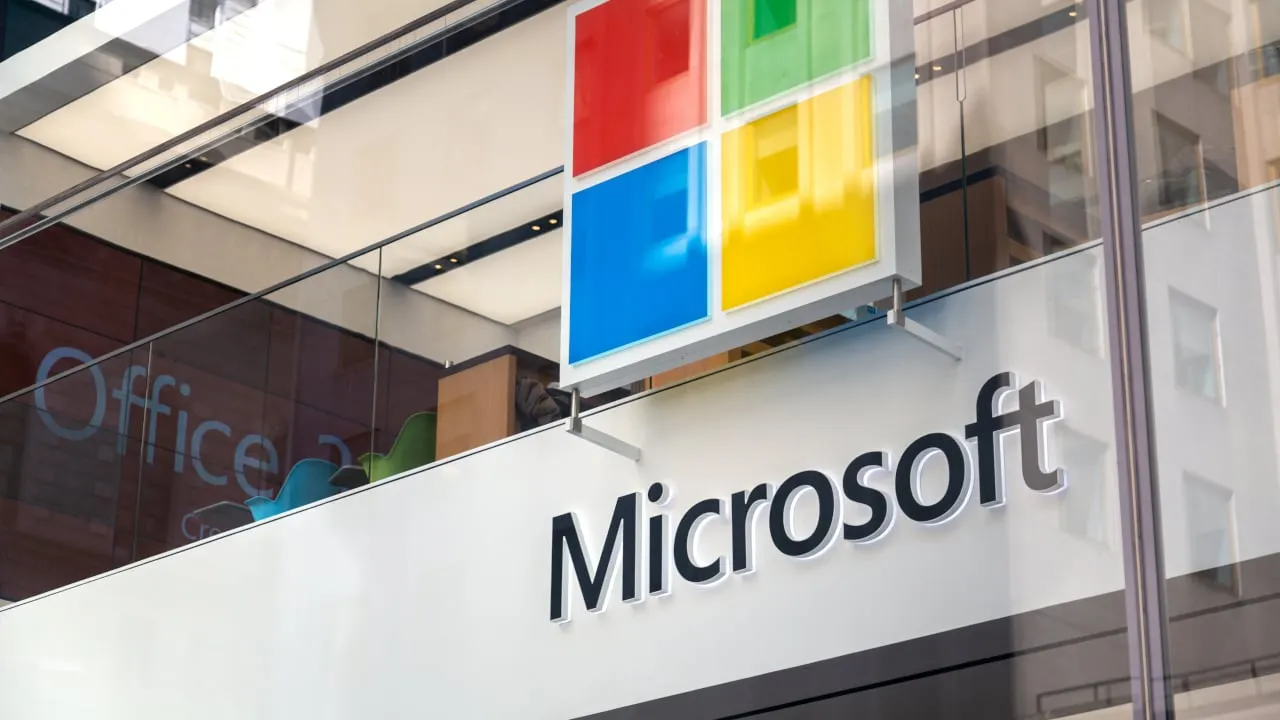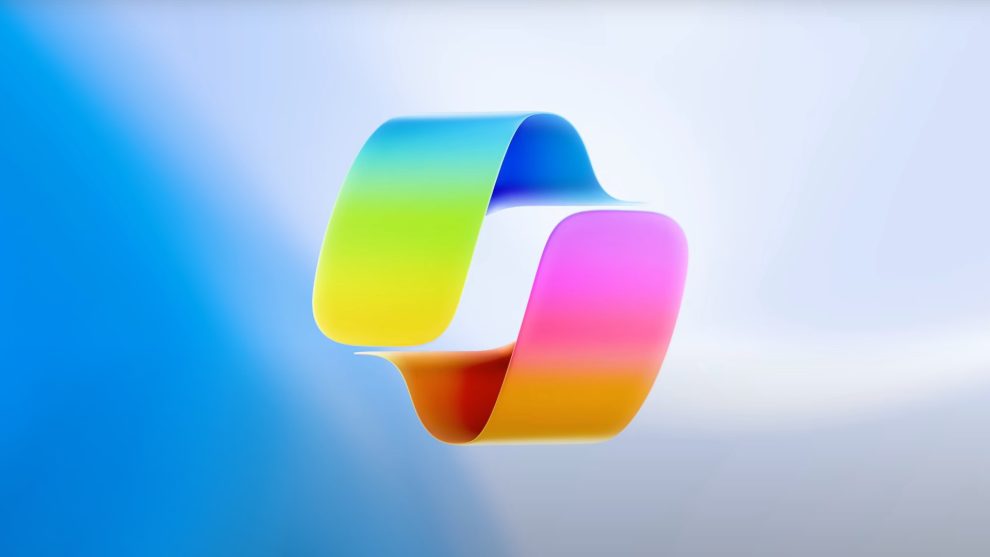Microsoft rolls out significant AI enhancements to Copilot, Windows 11, and Bing. Explore the latest features in voice interaction, personalized suggestions, and AI-powered search.
As the sun rises over Microsoft’s sprawling Redmond campus on October 1, 2024, there’s a palpable buzz in the air. Today marks a significant milestone in the tech giant’s AI journey, with the company unveiling a series of groundbreaking updates to its flagship products. From Copilot’s new voice capabilities to Windows 11’s AI-powered suggestions and Bing’s revolutionary search experience, Microsoft is doubling down on its commitment to artificial intelligence.
Standing in the heart of Microsoft’s AI research center, I can feel the excitement radiating from the engineers and developers who have been working tirelessly on these innovations. The atmosphere is electric, reminiscent of the early days of the personal computer revolution. Only this time, the revolution is powered by AI.
Copilot Gets a Voice
The star of today’s announcements is undoubtedly Copilot, Microsoft’s AI assistant that has evolved significantly since its debut as Bing Chat in February 2023. As I step into a sleek demo room, I’m greeted by Sarah Chen, Microsoft’s lead AI researcher for Copilot.
“Today, we’re taking Copilot to the next level,” Chen beams, her voice barely containing her enthusiasm. “We’re giving it a voice, quite literally.”
Chen demonstrates Copilot Voice, a new feature that allows users to interact with the AI using natural speech. The system offers four distinct voice options, each sounding remarkably human-like. As Chen converses with Copilot, asking it to summarize her schedule for the day, I’m struck by the naturalness of the interaction.
We’ve fine-tuned OpenAI’s latest models to create a more intuitive and personalized experience,” Chen explains. “Copilot Voice understands context, nuance, and even humor in ways that were unimaginable just a year ago.”
The rollout of Copilot Voice begins today in English-speaking countries, including Australia, Canada, New Zealand, the UK, and the US, with plans to expand to more regions and languages in the coming months.

Your Personal AI Briefing
Moving on to another demo station, I’m introduced to Copilot Daily, a feature designed to provide users with a comprehensive overview of their day. Tom Rodriguez, product manager for Copilot, walks me through the experience.
“Imagine waking up and having all the information you need for the day curated and presented to you in a digestible format,” Rodriguez says. “That’s Copilot Daily.”
The feature pulls information from authorized content providers, including Reuters and The Financial Times, to create a personalized briefing that includes news summaries, weather forecasts, and even reminders tailored to the user’s interests and schedule.
As Rodriguez demonstrates, I can’t help but think about the potential time savings for busy professionals. It’s like having a personal assistant that never sleeps, always staying on top of the latest information relevant to you.
Copilot Vision: A Window to AI Understanding
Perhaps the most intriguing new feature is Copilot Vision, currently available to select Copilot Pro subscribers. Dr. Emily Zhao, head of Microsoft’s computer vision team, guides me through this experimental technology.
“Copilot Vision allows the AI to see and understand what’s on your screen,” Zhao explains. “It can analyze images, compare products, and even suggest next steps based on visual information.”
As Zhao demonstrates the feature, I watch in awe as Copilot accurately describes the contents of a complex infographic, then offers suggestions for how to improve its design. The potential applications seem endless, from accessibility features for visually impaired users to advanced decision-making support in professional settings.
Windows 11: AI at the Heart of Your PC
Leaving the Copilot demo area, I’m ushered into a room filled with the latest Copilot+ PCs running Windows 11. Mark Johnson, Microsoft’s VP of Windows Experience, is eager to show off the new AI-powered features integrated into the operating system.
We’re reimagining what an operating system can do with AI at its core,” Johnson says, his fingers dancing across a sleek laptop’s keyboard. “Features like Recall and Click to Do are designed to make your PC work smarter for you.”
Recall, an opt-in feature secured by Windows Hello, allows users to instantly retrieve previously viewed content on their PC. As Johnson demonstrates, it’s like having a photographic memory for your digital life, with the added assurance that sensitive information remains protected.
Click to Do takes productivity to a new level, overlaying interactive suggestions on the screen to help users quickly perform actions. “Whether you’re rewriting text, editing images, or launching web searches, Click to Do streamlines your workflow,” Johnson explains.
The improved Search in Windows 11 is particularly impressive. Using natural language processing, users can now describe the content they’re looking for without needing to remember specific file names or locations. Just type ‘BBQ party photos,’ and Windows will find them for you,” Johnson says, demonstrating the feature’s uncanny accuracy.
The final stop on my tour of Microsoft’s AI innovations is the Bing team’s workspace. Here, Dr. Samantha Lee, Principal Researcher for Bing AI, introduces me to Bing Generative Search.
We’re moving beyond simple keyword matching,” Lee explains. “Bing Generative Search understands the intent behind your query and provides comprehensive, context-rich answers.”
Launched in beta in the U.S., this new search experience synthesizes information from multiple sources, presenting it in a cohesive, easily digestible format. Lee demonstrates by asking Bing, “How do I effectively run a one-on-one meeting?” The result is a detailed guide, complete with interactive elements and source citations.
“We’re not just providing links; we’re creating knowledge,” Lee says proudly. “And with our new Deep Search button, users can dive even deeper into complex topics.”
The AI models powering this new search experience are a combination of large language models (LLMs) and small language models (SLMs), including advanced GPT models from OpenAI. Jordi Ribas, Microsoft’s Corporate Vice President and Head of Search, explains via a video call:
“We’re using a sophisticated blend of models, choosing the right tool for each query. This allows us to handle everything from simple factual questions to complex, multi-faceted inquiries with equal finesse.”
Privacy and Responsible AI
As impressive as these new features are, Microsoft is keenly aware of the need for responsible AI development. The shadow of the Windows Recall feature controversy from earlier this year looms large, and the company is taking steps to address privacy concerns head-on.
Dr. Elena Sanchez, Microsoft’s Chief Ethics Officer for AI, joins me for a candid discussion about the company’s approach to privacy and responsible AI.
We’ve learned valuable lessons from the Recall incident,” Sanchez admits. “Every new feature we develop now goes through rigorous privacy and ethical reviews. We’re committed to giving users control over their data and being transparent about how AI is used.”
This commitment is evident in the new Copilot FAQ, which clearly outlines user data controls and opt-out options. In regions like the European Economic Area (EEA) and the UK, Microsoft has ensured full compliance with local privacy laws.
Sanchez also highlights the built-in safeguards in Copilot and Bing, including content filtering, abuse detection, and user reporting tools. “We want our AI to be not just powerful, but also safe and constructive,” she emphasizes.
As my tour of Microsoft’s AI innovations comes to an end, I sit down with Mustafa Suleyman, Executive Vice President and CEO of Microsoft AI, to discuss the company’s vision for the future.
“Today’s announcements are just the beginning,” Suleyman says, his eyes alight with enthusiasm. “We’re working towards a future where AI is a natural, intuitive part of every digital interaction. Our goal is to create an AI companion for everyone, one that’s more helpful, more supportive, and ultimately, more human.”
Suleyman acknowledges the challenges ahead, both technical and ethical. “We’re navigating uncharted territory,” he admits. But we’re committed to doing so responsibly, always putting the user first.
As I leave the Microsoft campus, the setting sun casting long shadows across the manicured lawns, I can’t help but feel I’ve glimpsed the future of computing. With these latest updates to Copilot, Windows 11, and Bing, Microsoft is not just embracing AI – it’s reimagining our entire relationship with technology.
The road ahead is undoubtedly complex, filled with both promise and potential pitfalls. But if today’s demonstrations are any indication, Microsoft is poised to lead the charge into this brave new world of AI-powered computing.
















Add Comment